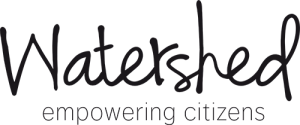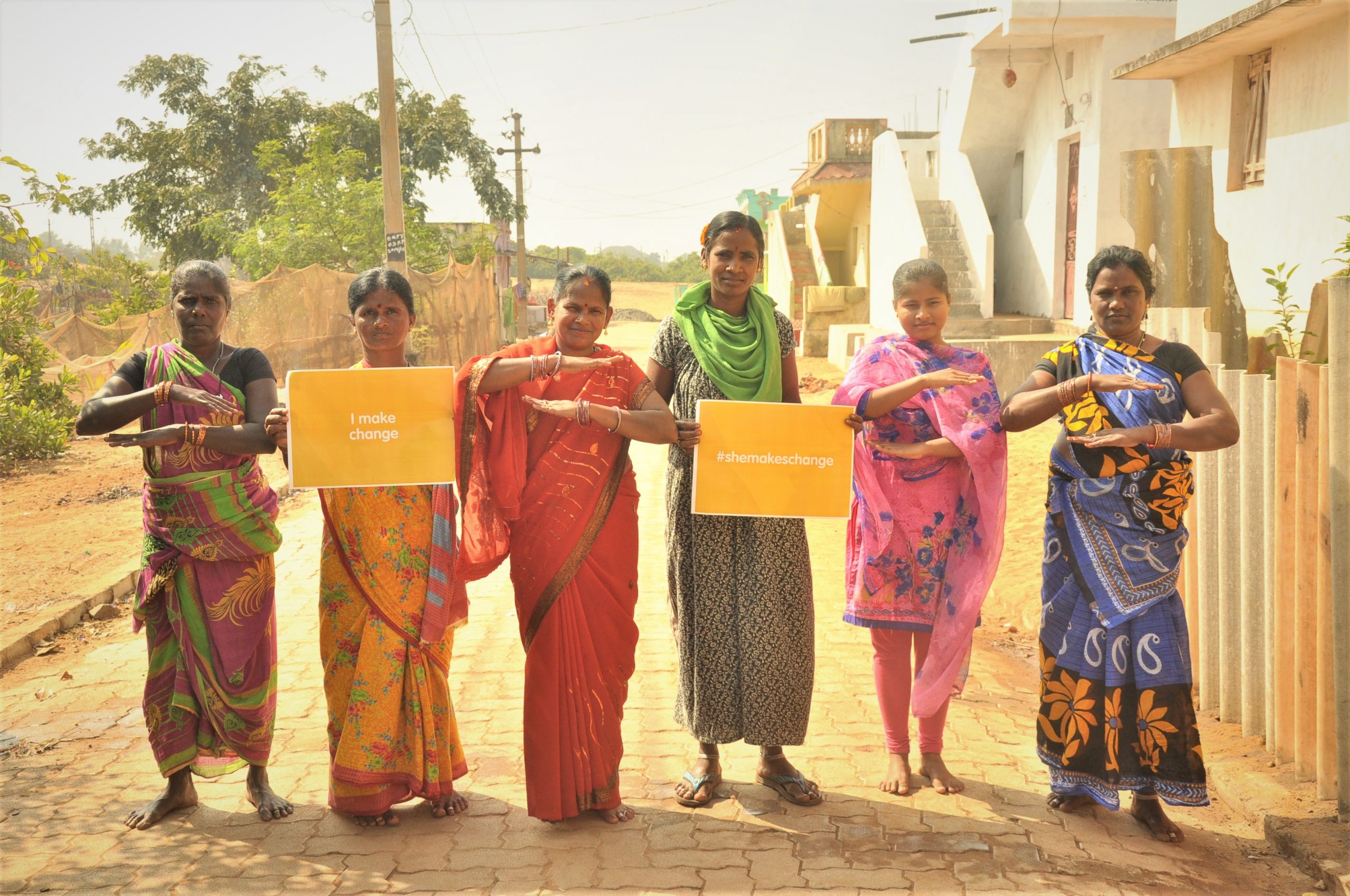The global gender gap is staggering. The World Economic Forum’s 2020 report estimates it will take 99.5 years to achieve universal gender parity at the current rate. Gender equality is innately linked to sustainable development: it benefits entire economies and societies. Gender inequality means women all around the world are being excluded from decision making and access to social and economic resources. To overcome this, women must be empowered in order to identify and challenge power imbalances and have the independence to be able to manage their own lives. Increased political participation of women plays a fundamental role in closing the gender gap.
To celebrate International Women’s Day, IRC is fundraising for women to ensure their voice is counted. By participating in the CPC Run The Hague 2020 on International Women’s Day IRC wants to raise funds for women’s empowerment workshops in India.
Women in Odisha
Odisha, a state on the East Indian coast, has a population of 41 million. Data indicates that women here have a low status: Maternal and infant mortality rates are high, and female labour force participation is low. The Ganjam district, within Odisha, has a population of 3.5 million with marginalised communities comprising almost a quarter of this. There are significant challenges in the socio-economic conditions as well as the delivery of services to the marginalised. Over the years, the Government of Odisha has taken some progressive gender centric policy measures, but much is left desired in terms of creation of an enabling environment for women to benefit from the same.
WASH the problem
Water, sanitation and hygiene (WASH) is a human right. Basic access to WASH in the household has wide socio-economic impacts, particularly for women.
Women, in many cultures, have the responsibility of water and sanitation provision in the household, they have more acute needs due to cultural and biological roles, and a lack of services is at the cost of their health, education, employment and participation in politics and society. Gender inequality in politics results in a lack of adequate WASH services: unless women are prioritised in WASH systems and decision making, the problem will only worsen.
Therefore, real change begins with women. In Odisha, we work directly with women to ensure they have the knowledge, confidence and skills to advocate for their right to WASH services and to participate in local government decision making. However, these skills go beyond WASH. They enable women to empower their daughters, to speak up for other women, to claim their rights and achieve their ambitions. Political empowerment creates a level playing field for women in which they can access far more opportunities for a better life.
Only when women have positions of leadership and equal participation in politics, will countries transform. Empowering women changes the world, but we must start locally. Your support makes a fundamental difference to the women of Odisha, the wider community and the universal goal of gender equality.
About Watershed: The Odisha Project
The Watershed programme is a strategic partnership between IRC, Wetlands International, Simavi and Akvo. It focuses on advocating and lobbying for the inclusion of marginalised groups in WASH governance, and building the capacity of civil society organisations (NGOs and community groups) to represent these marginalised groups and advocate for sustainable WASH services for all.
Civil society organisations are fundamental to ensuring participation of every WASH user, particularly women, and accountability of the government and service providers. Watershed shares skills with these organisations for advocacy and lobbying through training and workshops. The Odisha project empowers women with the right knowledge and skills to stand up, speak out and make decisions for themselves, by themselves.
Targets
This campaign will raise awareness of the importance of women in decision making processes around WASH and raise funds for a project which enables that. With €2,500 we will facilitate three one-day workshops for 48 women from four different Gram Panchayats in the district of Ganjam, Odisha. This series of workshops provides foundational knowledge and skills training. If the fundraising target is exceeded, extra half-day workshops can be run to build on and strengthen these skills.
| Activities | Budget (in euros) |
| Basic knowledge sharing workshop
Learning rights and roles as citizens as in the constitution and other legislation (1 day) – 48 women |
835 euros |
| Knowledge sharing workshop: ‘Understanding the existing systems’
Learning the responsibilities of duty bearers, institutional architecture, and platforms to participate, ask questions and make decisions (1 day) – 48 women |
835 euros |
| Skills sharing workshop: ‘Speaking up’
Skills for leadership, public speaking, advocacy and conflict resolution (1 day) – 48 women |
835 euros |
| Total | 2,505 euros |

